It is indeed about the black chapters of our history, about places and people we may or may not briefly sympathise with when we read a short news report or an opinion piece.
The places may have no resonance at all for us, except as forested lands with no facilities, not even worth tourism. As for the people, we believe that they are misled by activists who do not want them to access modernity.
While the novel has a seemingly different focus, fitting into the genre of the bildungsroman, detailing the narrator’s life as he grows up and leaves his village (at the insistence of his sister, who ensures he gets an education), and becomes an engineer, and then sails the high seas till his big cargo ship is scrapped (at Alang port, Gujarat) during the global recession. But the novel accompanies him back to the village and his search for his sister who had brought him up in the hostile environment. The return to the village is significant as he attempts to unravel what his sister was up to, trying to understand why she joined the dada log (Naxalites), where she was, and finally just trying to connect with her.
The book has many interesting characters and quite an engrossing trajectory for one that is so short and so focussed. It begins with the narrator saying that anything large that he is interested in — and he is fascinated by large things — comes to a violent, premature end, like the elephant he had followed when he was young.
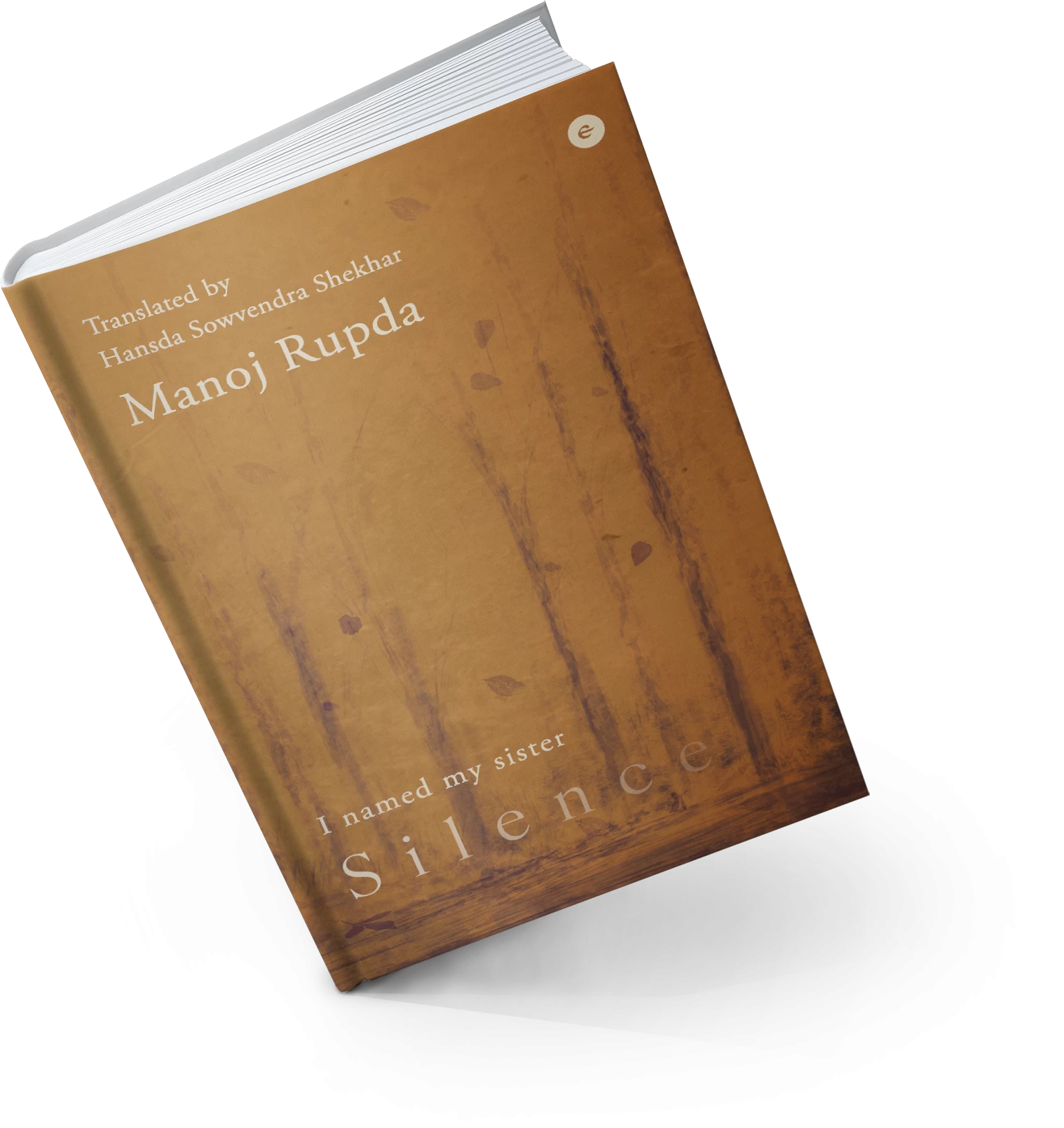
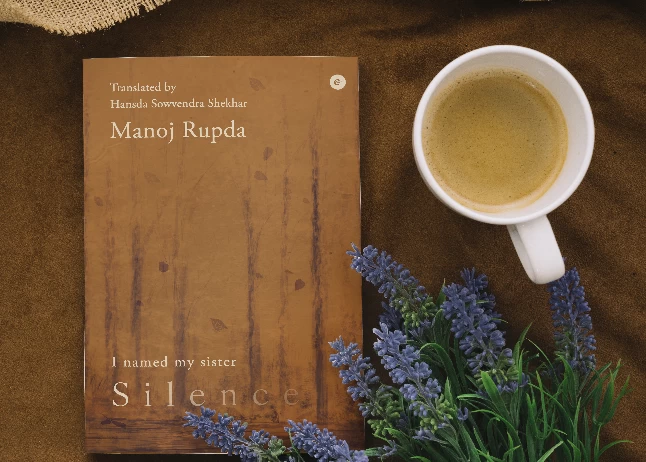
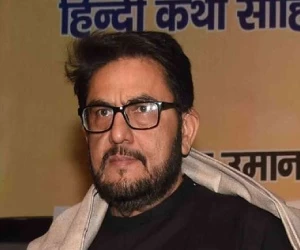
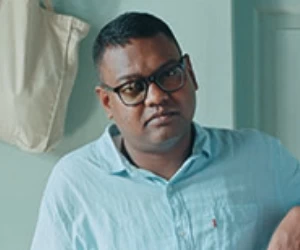

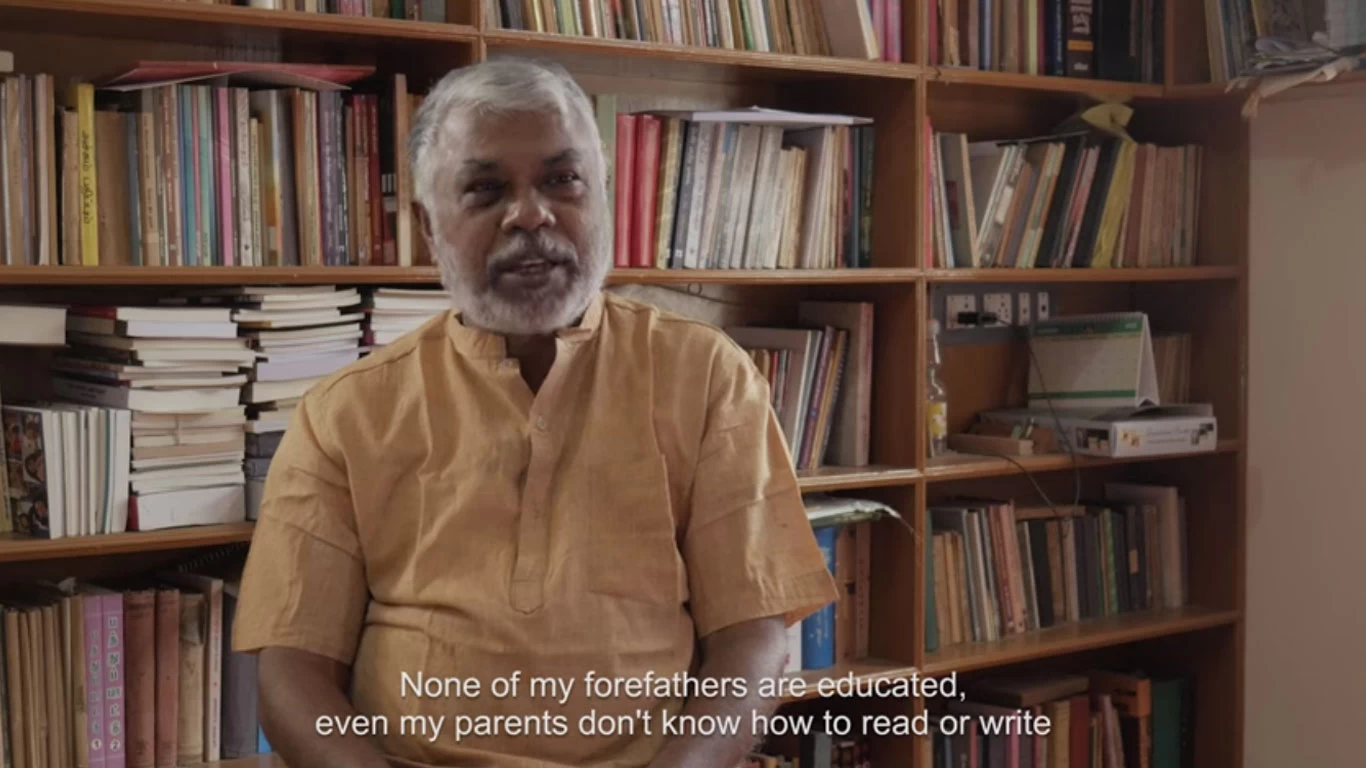
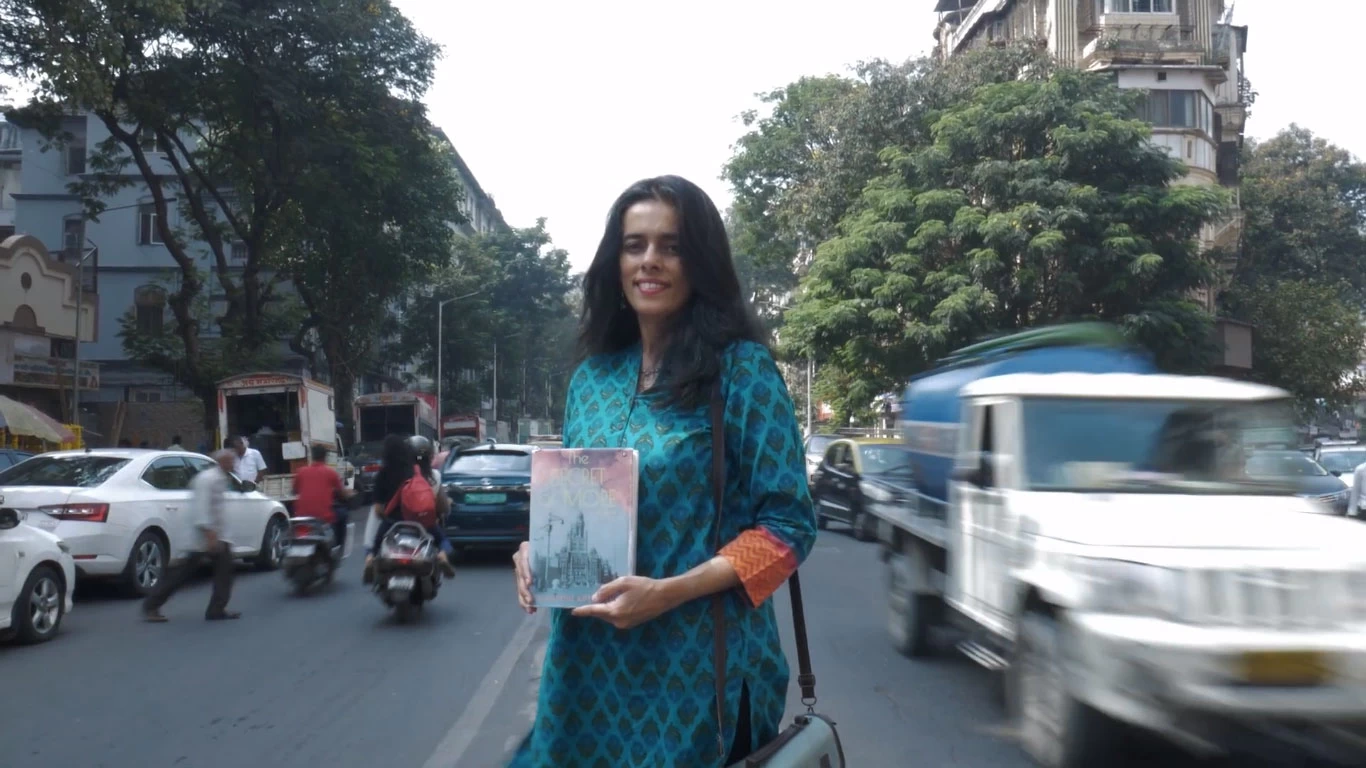
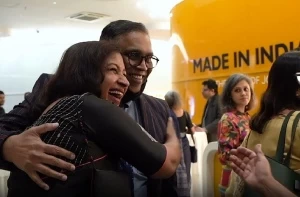
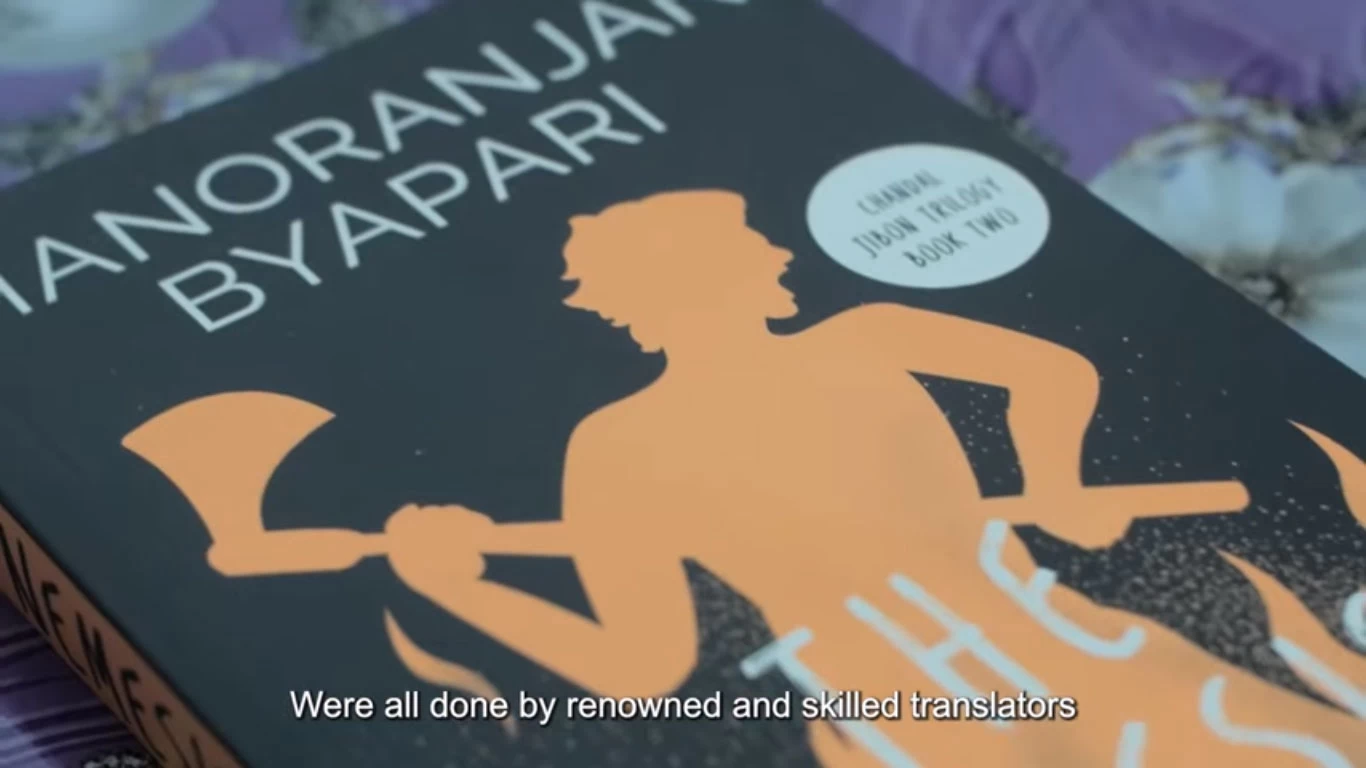
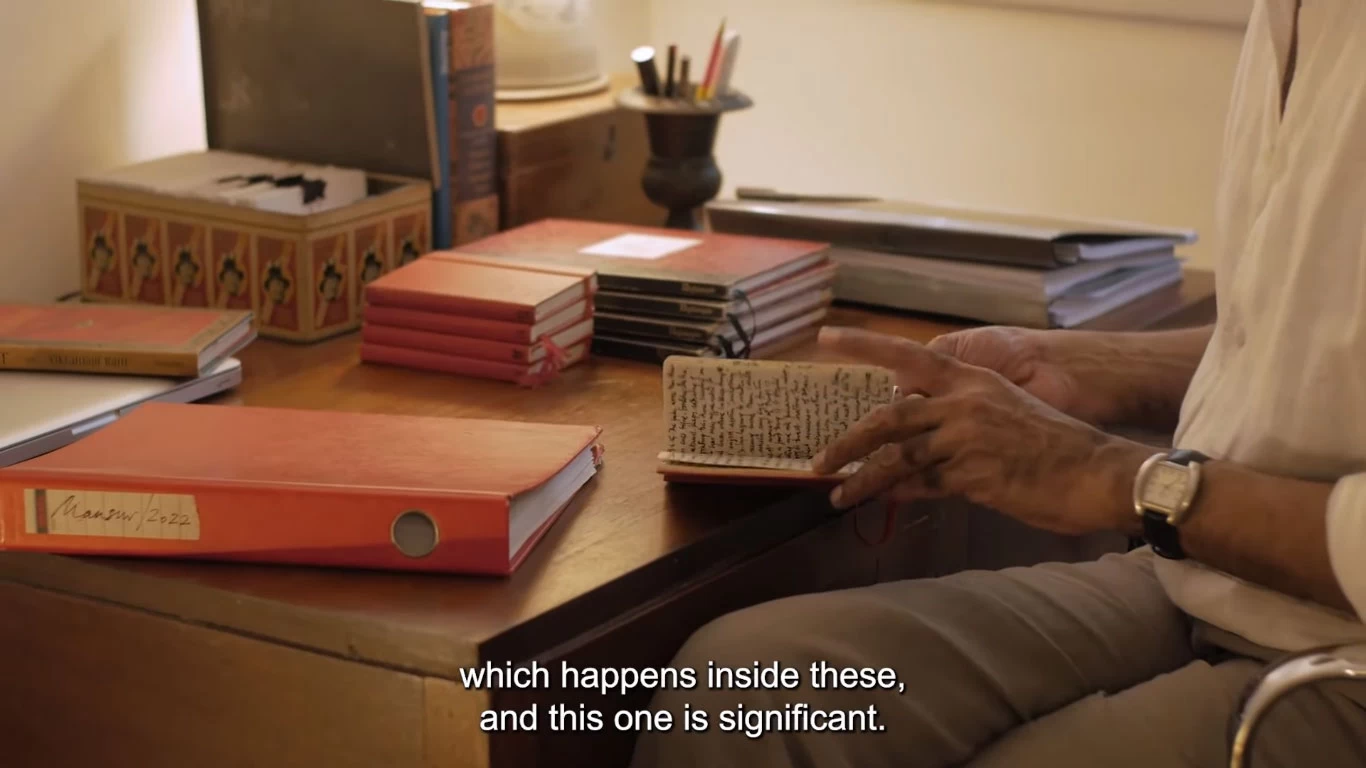
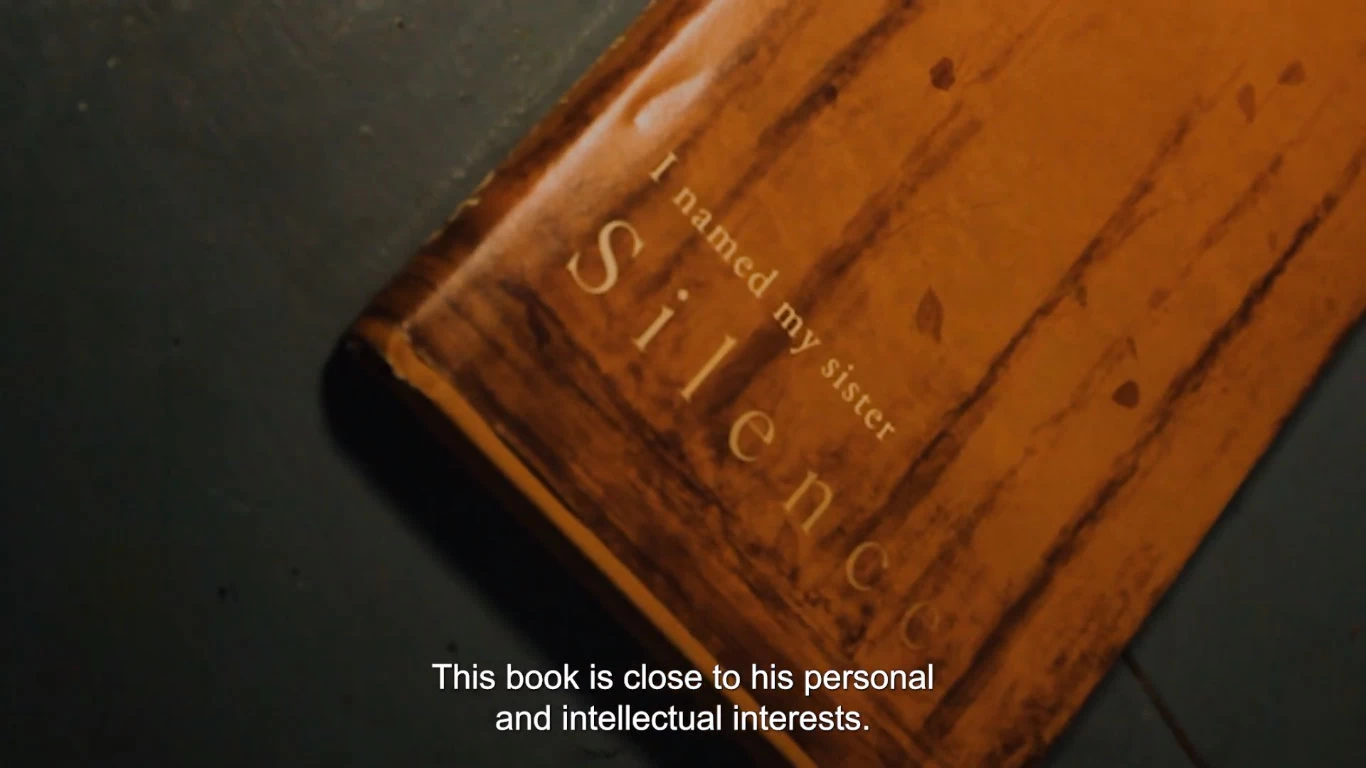
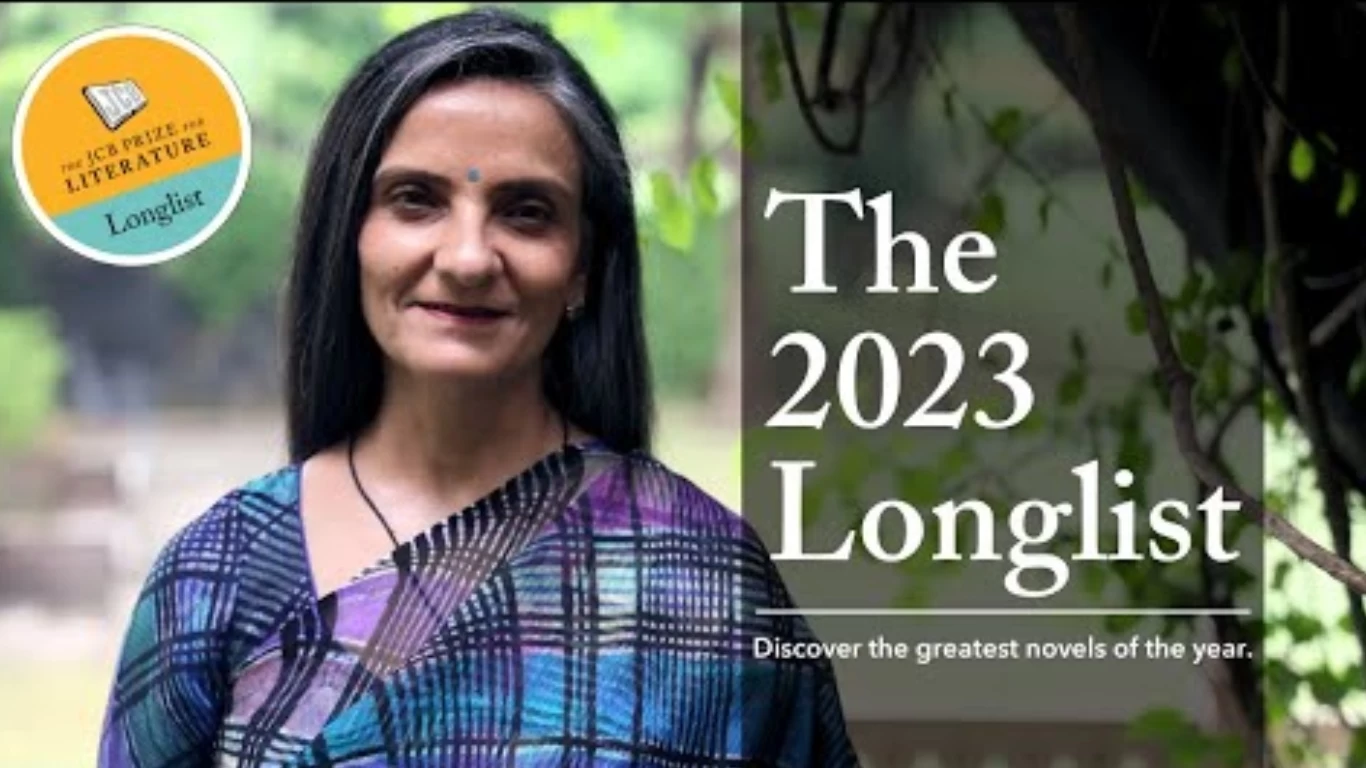
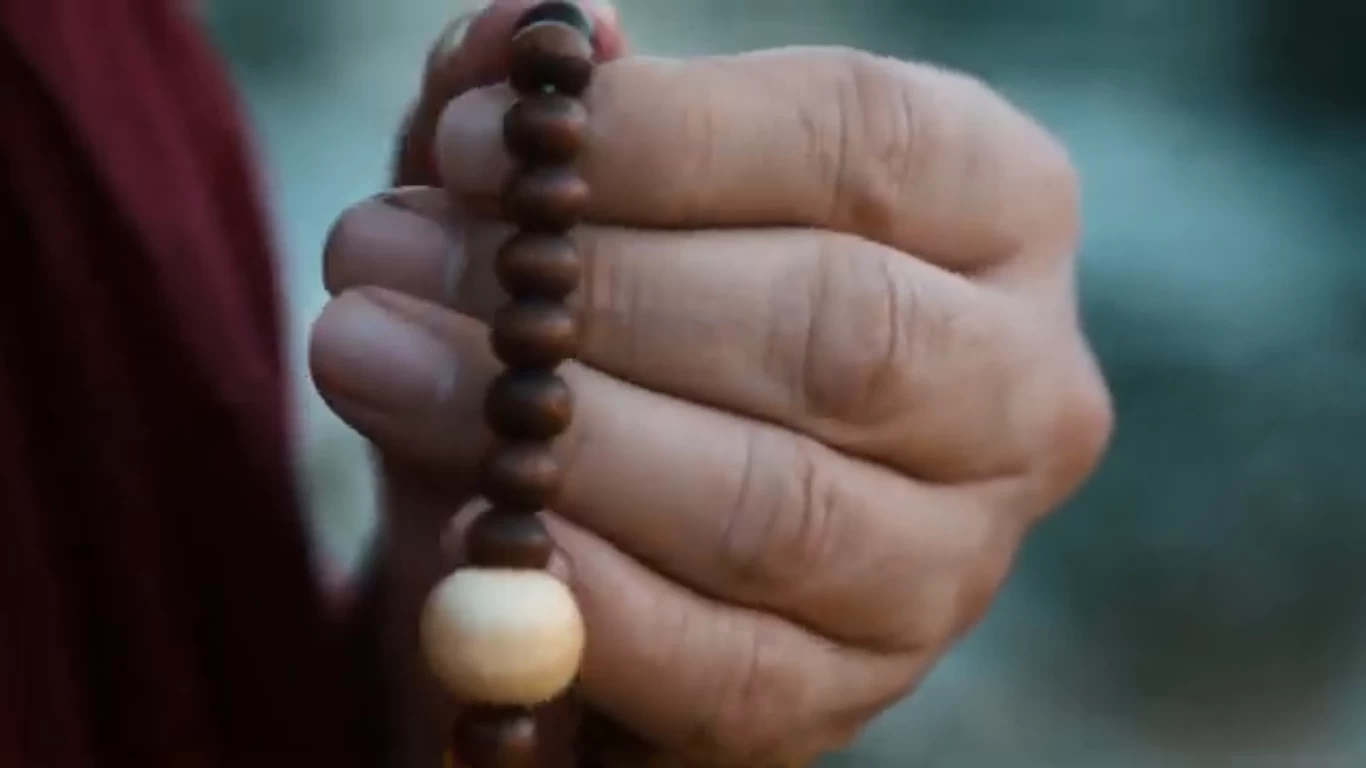
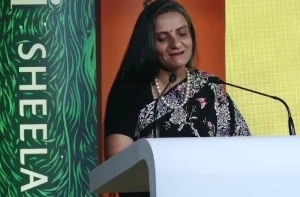
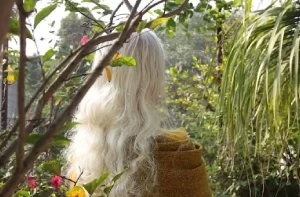
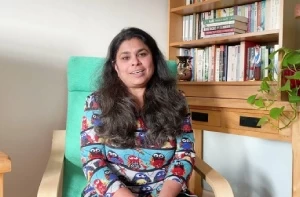
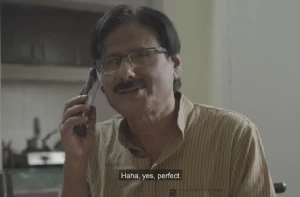
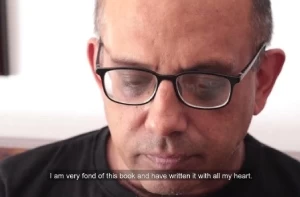
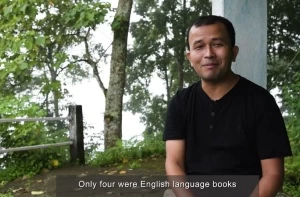
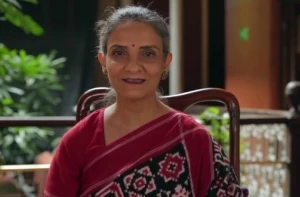
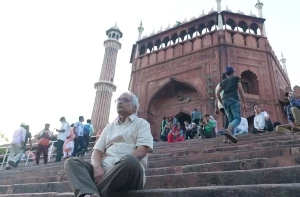
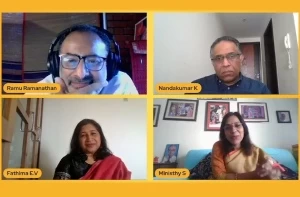

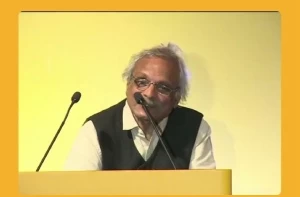
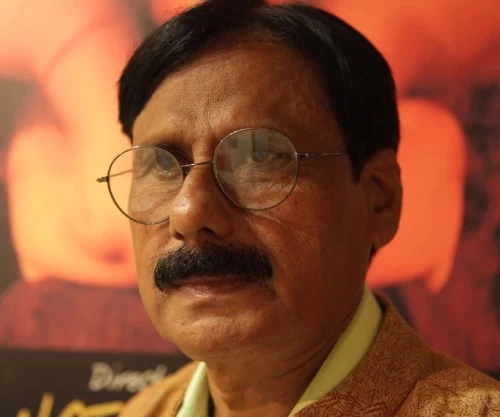
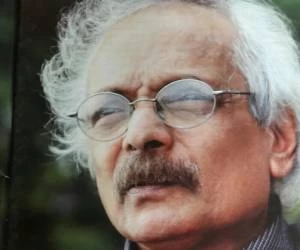
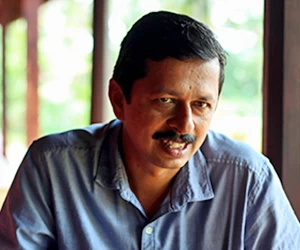


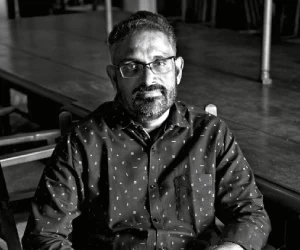
JURY COMMENTS
A novel of epic stature told with great beauty and brevity, it’s power is felt viscerally in Hansda Sowvendra’s Shekhar’s translation. The writing offers rich imagery that does the storytelling using soundscapes and landscapes with equal felicity. Manoj Rupda plays on the theme that everything grand is eventually destroyed, be it a majestic elephant, a ship, or an entire tribal civilization eaten away by a corrupt society. The complex and emotionally wrenching relationship between the protagonist and his sister is at the heart of it, making this perhaps the most layered among many novels about sibling relationships.